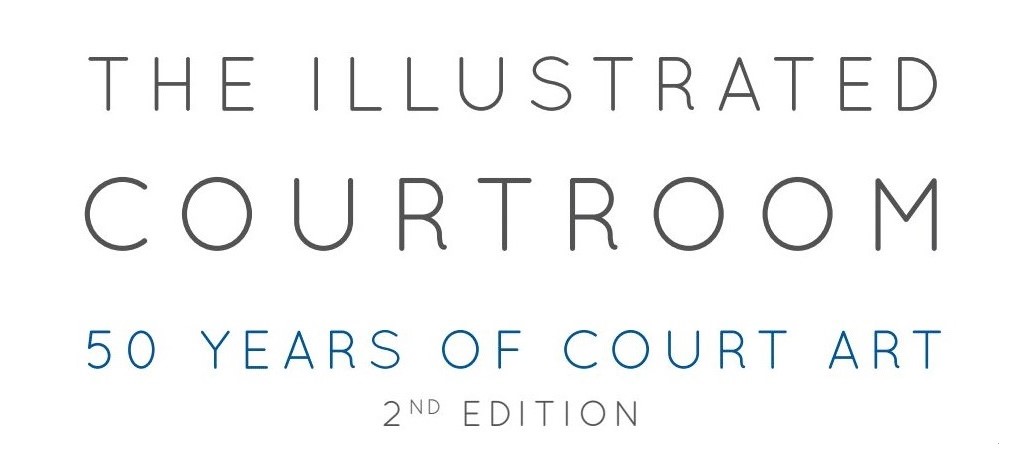On June 24, 1807 a
grand jury indicted Aaron Burr ( 3rd Vice President of the United States) for treason, for levying war against the
United States, an act which allegedly took place on December 10, 1806. The grand jury also indicted Burr for high
misdemeanor, for organizing a military expedition against Spain in
Mexico, in violation of the Neutrality Act of 1794. A remarkable aspect of the trial was President Jefferson's micromanagement of the prosecution from the White House. Jefferson himself never doubted that Burr was a traitor. Burr had served as Jefferson's Vice President from 1801-1805.
 |
Courtroom illustration of the trial of Aaron Burr—some of the finest lawyers
in the country argued the case—where the right of due process and
protection for the rule of law were at stake.—© Bettmann / Corbis
Most of the spectators were familiar with the stars of the drama, or
“Melo-drama,” as one newspaper put it, and most had taken sides in the
bitter public conflicts between Thomas Jefferson and Aaron Burr.
|
The long legal ordeal ended without a single conviction in 1807.
Burr was legally a free man, but most Americans, including the
president who said so publicly, still considered him a traitor, and a traitor who had escaped the gallows. After four years
of self-imposed exile in Europe, Burr returned to New York, where he
remained a social outcast, a man without a country. Jefferson may have lost his
case, but he succeeded in destroying Burr or at least in helping Burr
destroy himself.
Burr died in Staten Island on September 14, 1836. He is buried in Princeton New Jersey.
Information from the NEH magazine
Humanities
Link
http://www.neh.gov/humanities/2013/mayjune/feature/burr-versus-jefferson-versus-marshall


No comments:
Post a Comment